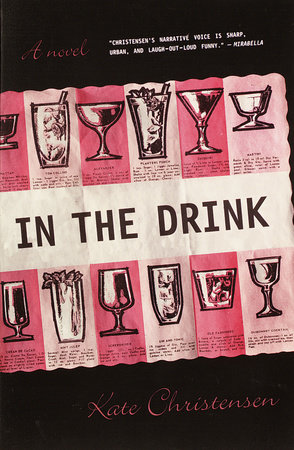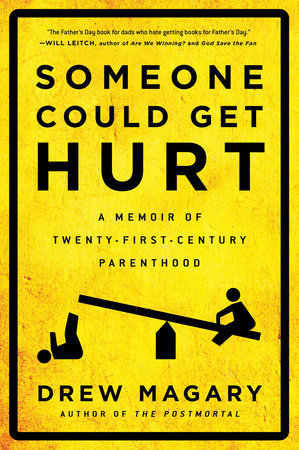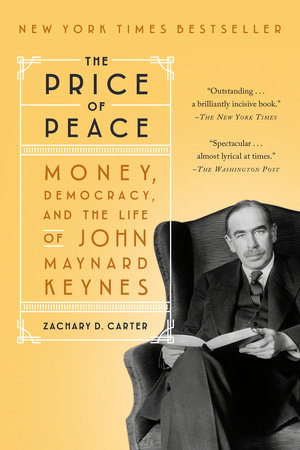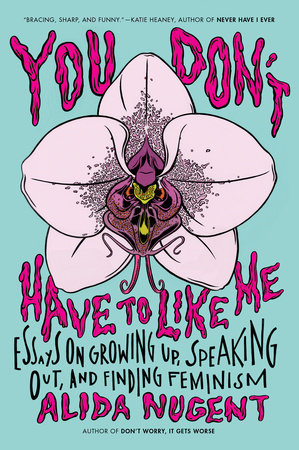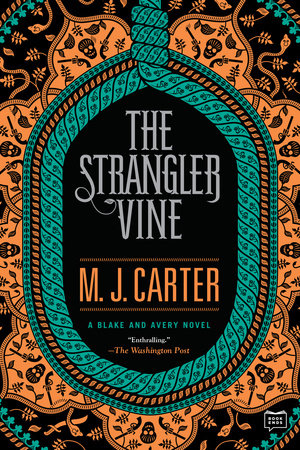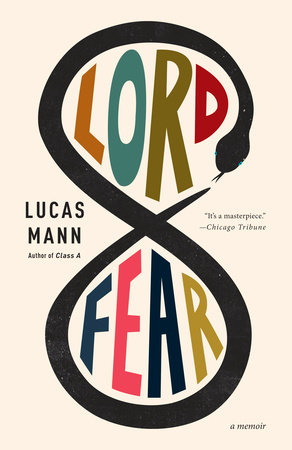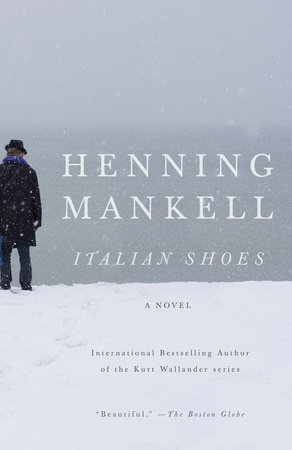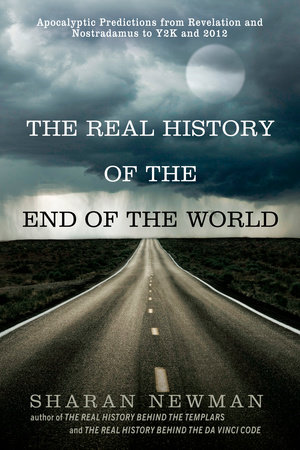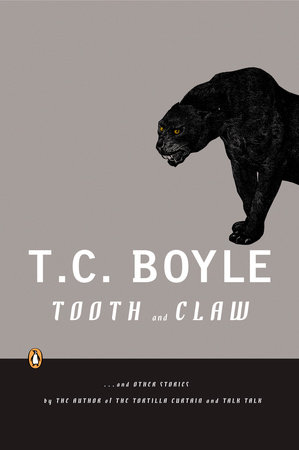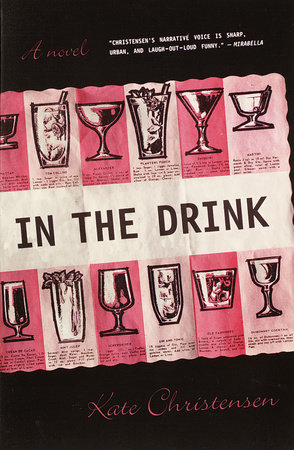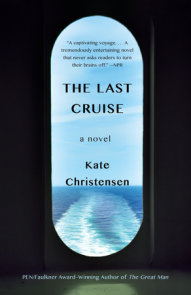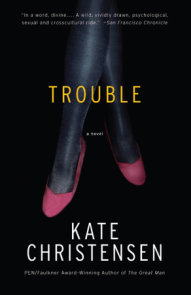Author Q&A
Q&A with Kate Christensen author of the upcoming Jeremy Thrane (on-sale August 7th)
What is your background?
I grew up in California and Arizona, and received a B.A. in English from
Reed College and an MFA in fiction from the Iowa Writers’ Workshop. My first
novel, In The Drink, was published in May, 1999 and my second, Jeremy
Thrane, will be published in August 2001. I live in Brooklyn and I’m a
full-time writer.
Where did the idea for Jeremy Thrane come from?
I had decided, shortly before In The Drink came out, to write a novel about
a woman who tries to rescue her younger sister from a cult. It
was the book I thought I ought to write next,—serious, earnest, "literary"
with a plot. By the time I had written 125 pages, I had begun to suspect
that this book was as dull to read as it was to write. Still, I was
determined to grit my teeth, finish the thing and hope for the best. I kept
plugging away at it.
Then, one night as I was lying awake worrying about how the hell I was
going to send a jolt of electricity through this moribund thing, a
character came to me—from where I have no idea. It was the image of a gay
man with his arms outstretched standing in a loft high above Manhattan,
looking down at the lights of the city. Immediately I felt a flash of
excitement and purpose, even though I had no idea who this person was or
what he was doing in my mind or what his situation was or what he wanted
with me. I put the other novel away and let my imagination do some
groundwork for a while. Then one day in September , after In The Drink had
been out for a few months and I’d calmed down enough to concentrate again,
I went to my studio, turned on my computer and saw Jeremy on the Staten
Island Ferry after his one-night stand with Frankie. I typed the words, "I
stood alone at the front of the boat. The deck sloped away from me, running
with dew." Jeremy’s voice and the narrative engaged like meshing gears.
How long did it take you to write Jeremy Thrane?
This book was the most purely intuitive thing I’ve ever written; I’d never
written anything so quickly before. I hardly thought about it or planned it,
I just let Jeremy’s voice emerge, and let myself go wherever it took me.
The words came as fast as I could type them. I have a hard time being
analytical or objective about this book—it feels like the result of
listening to my gut, letting my intuition be my guide and not allowing
myself to question it too much. I showed up at my studio every day, pretty
nearly seven days a week, until it was finished. I began it in September
1999 and finished the final draft on Christmas Eve, 2000.
How do you identify with Jeremy Thrane, the character?
Obviously, I’m not a gay man. It had never occurred to me to write in the
voice of a gay man. What drew me to write about Jeremy initially was that
flash of recognition I had when he popped into my mind, an anonymous
person, a stranger. All I knew about him was that he was gay, which now
that I think about it strikes me as interesting — why that, as his only
identifying quality? What really got me in that moment was a sense of his
"otherness," his difference from me… My immediate curiosity about him —
who was this guy, apart from being a gay man? — was the initial A-HA!!
that spurred me to start fleshing him out over time, and finally to write a
book from his perspective. I was curious about and intrigued by the idea
of inhabiting a gay man’s psyche and body for the duration of a
first-person narrative, and the prospect of allowing myself the freedom to
imagine a world so different from the one I live in, even though it’s the
same city. As it turned out, Jeremy and I have a lot in common — he sees
the world much as an artist might, or a woman for that matter — as an
outsider of sorts, observing and analyzing the status quo, constantly aware
of his own relation to it, detached but deeply present. The challenging
work was in the writing itself, the fleshing out of a character and his
world, not in inhabiting a gay man’s perspective. Jeremy isn’t
"representative of gay men" in any way for me (there’s no political agenda
here, in other words)— he’s a solitary individual like the rest of us,
someone whose sexuality is only a part of who he is — someone who isn’t
me, but whom I know well and have come to love.
